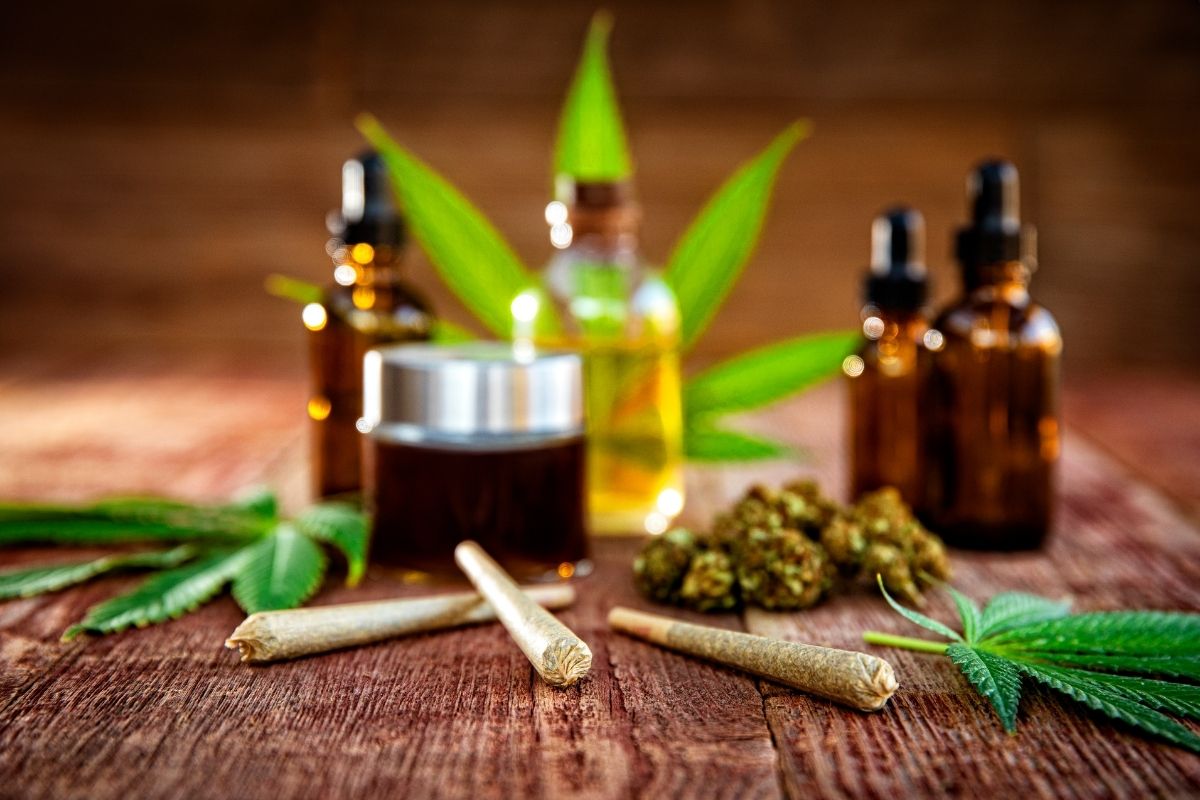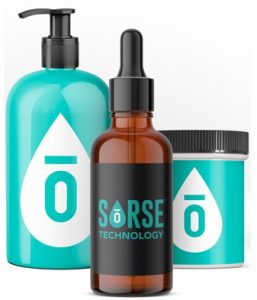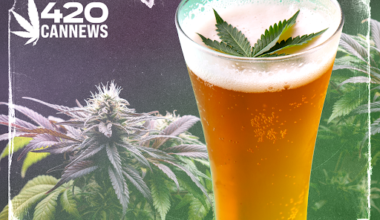Delta-8 THC has been making waves in the industry over the past few years or so. Whether due to its similarity with delta-9 THC, the constant comparison to cannabidiol, or everything else in between, it cannot be denied that delta-8 is here to stay and can be found across the internet. Often marketed as a lighter form of weed or cannabis or even touted as the more superior version of THC, delta-8 can usually be found in the form of vape cartridges or even gummies.
With the rise of Delta-8 THC products on the market, individuals can easily fall prey to the wrong information. This article is here to help straighten things up and provide more accurate information.
Getting to Know Delta-8 THC
Delta-8 THC is a type of cannabinoid that comes from cannabis plants. While it can come from marijuana plants, it is usually extracted from hemp, albeit in smaller amounts compared to others in the market such as delta-9 THC, making it a rare cannabinoid.
It is made through the binding of different solvents, cannabinoids, and catalysts. The “8” in the sequence stands for the placement of the chemical bond. Despite bearing similarities to the chemical structure of delta-9, there are key differences between the two of which delta-8 is less potent, thus the nickname “weed light.”
The Difference Between Delta-8 and Delta-9 THC
Both of these cannabinoids have the capacity to bind to the body’s endocannabinoid system. In return, the body responds by entering a state of euphoria. This can be owed to both delta-8 and delta-9’s chemical structure bearing similarities to one another. On the other hand, the placement and the sequences of these two structures are also quite different from one another. The chemical bond of delta-8 is one step over the ninth and bears a double bond on the eighth carbon, while the delta-9 has its bond on the ninth, hence the name.
Apart from its chemical structure, the way delta-8 THC binds and reacts with the endocannabinoid system of the body is quite different due to the double bond’s location.
Effects of Delta-8 THC
Due to the differences in chemical structure and the double bond location, delta-8 works quite differently from typical marijuana. Because it contains tetrahydrocannabinol, the compound in cannabis that is responsible for getting users high, delta-8 can actually evoke the same response. This means that individuals who have taken this drug can also experience happiness, euphoria, as well as feelings of relief and calmness. However, while this can get you high, this can only occur in some instances and even then, this effect is not as pronounced due to the lower potency. It can also provide mild pain relief.
Since not much is known about delta-8, what with researchers still on the lookout for what it does and how it reacts to the body, taking great care in consuming this is essential. After all, as with everything, there are also potential risks to delta-8, such as experiencing an increased heart rate, dry mouth, delayed reaction times, and the like.
The Legality of Delta-8
Due to a loophole in the 2018 Farm Bill, delta-8 THC is technically legal on a federal level. However, the legality of the drug is dependent on states as well, although most states in the United States of America have already recognized the legality of delta-8. Provided that the delta-8 THC product in question is obtained and extracted from hemp and not from the cannabis plant per se, it is considered on a federal level unlike that of delta-9 THC which is made from the marijuana plant which is still dubbed as illegal in some states.
The Bottom Line
The explosion of-delta-8 THC in the past years have been unprecedented. By learning what this really is, you now have a more solid grasp on how to navigate this still-emerging market.
Medical Disclaimer:
The information provided in these blog posts is intended for general informational and educational purposes only. It is not a substitute for professional medical advice, diagnosis, or treatment. Always seek the advice of your physician or other qualified healthcare provider with any questions you may have regarding a medical condition. The use of any information provided in these blog posts is solely at your own risk. The authors and the website do not recommend or endorse any specific products, treatments, or procedures mentioned. Reliance on any information in these blog posts is solely at your own discretion.






